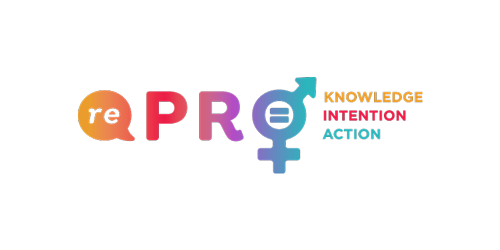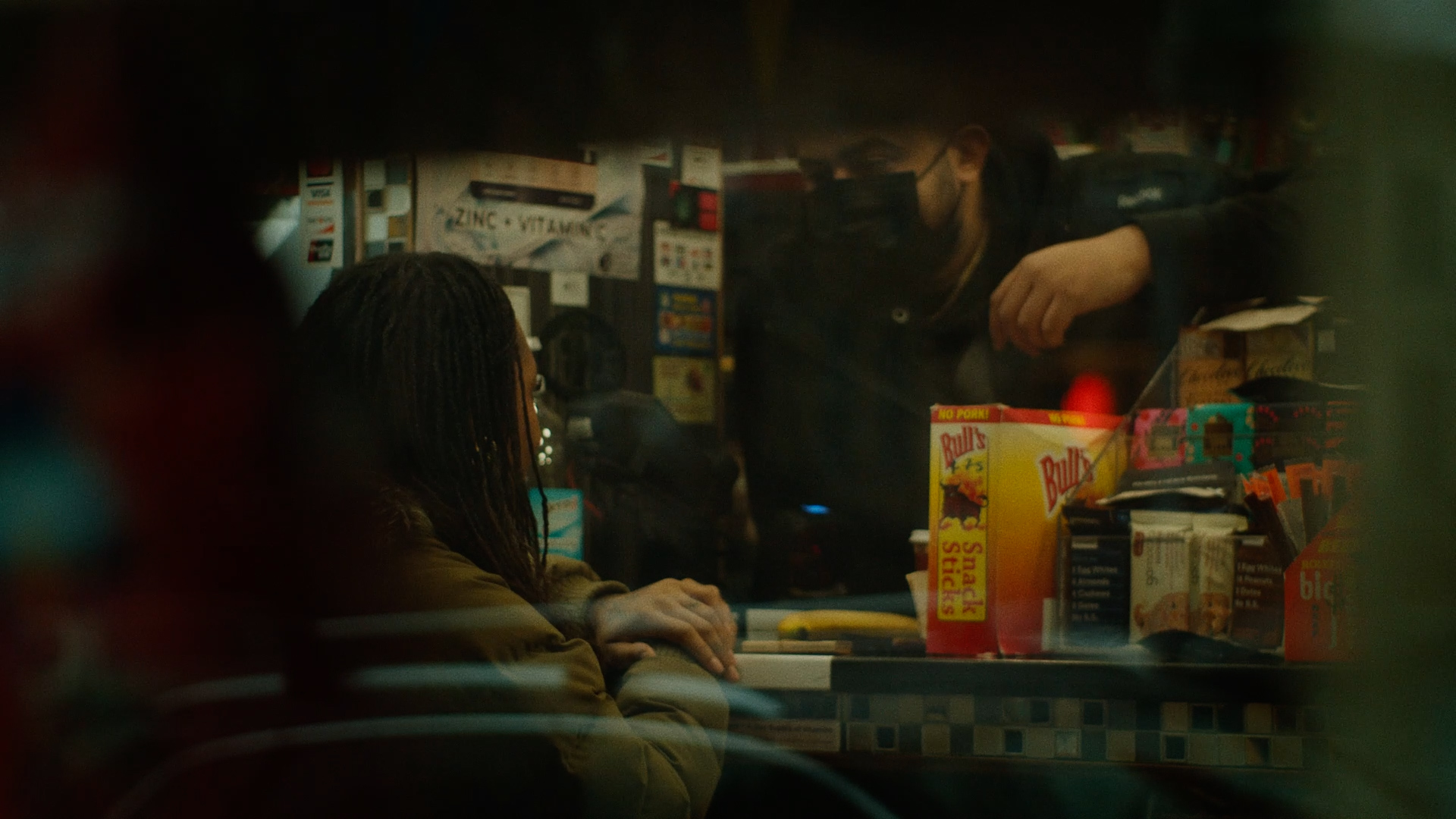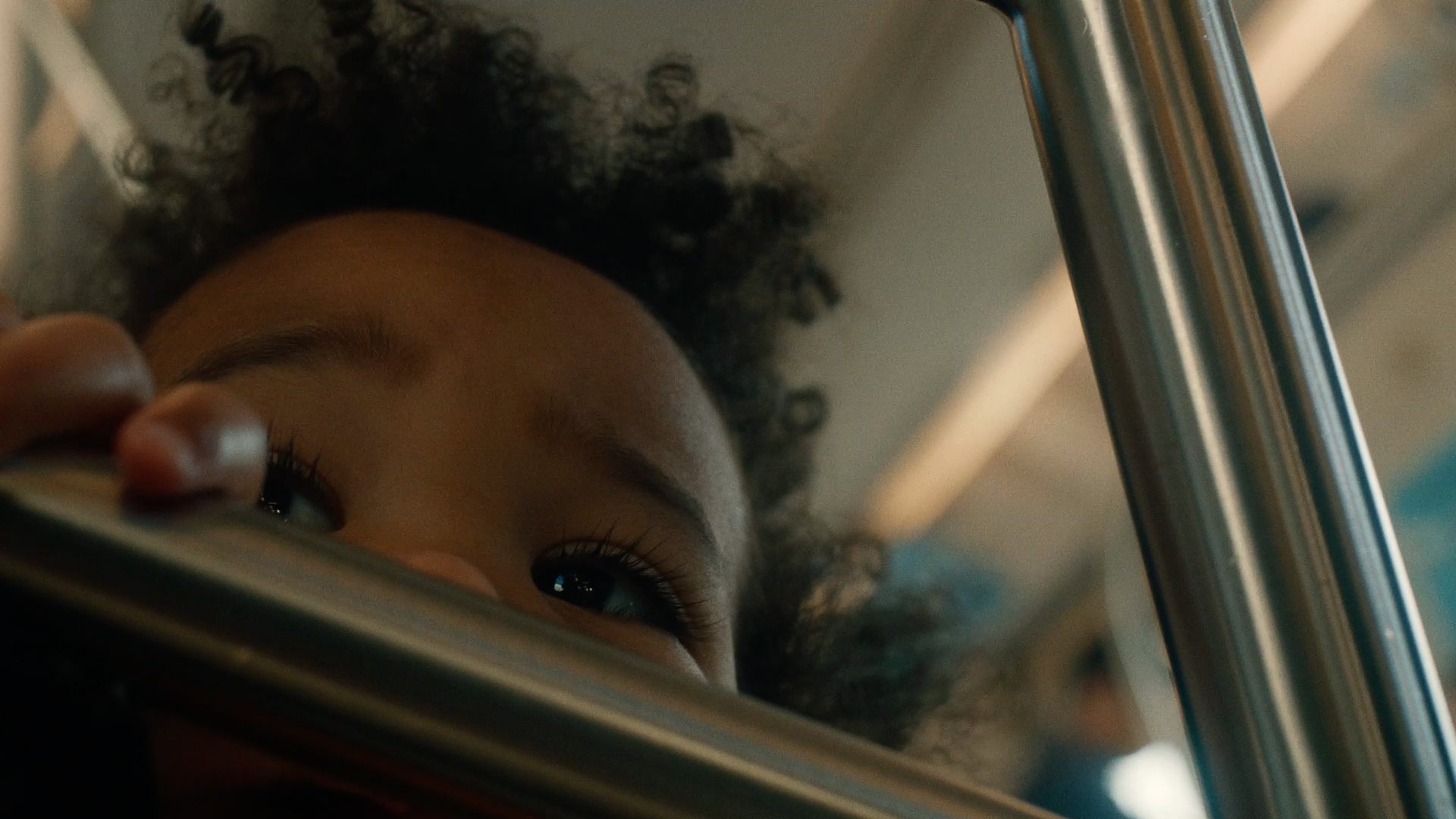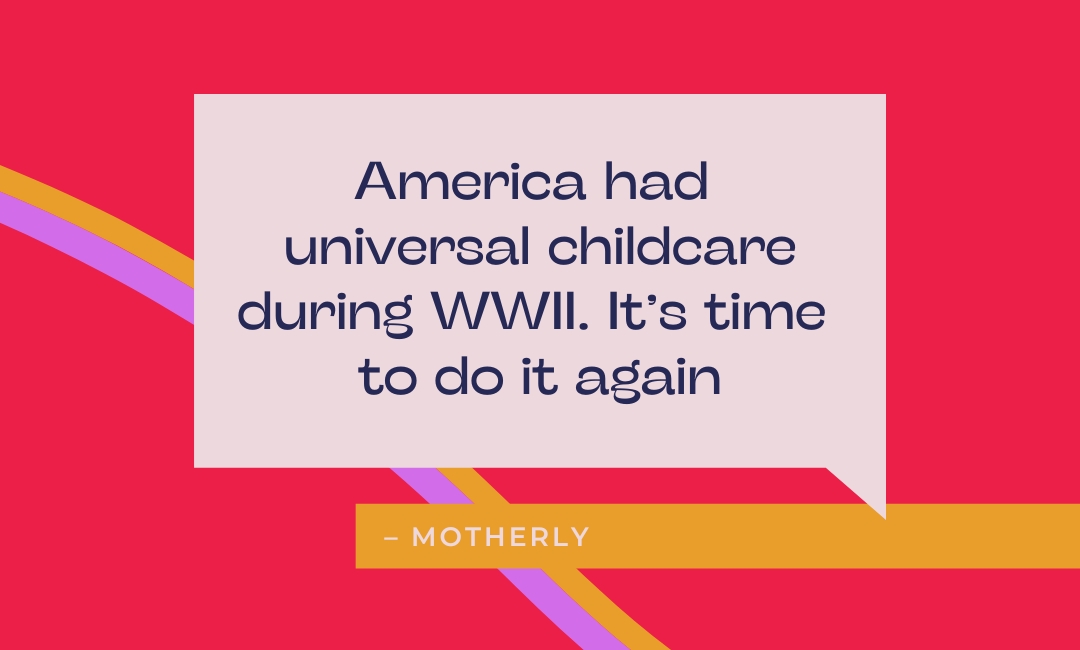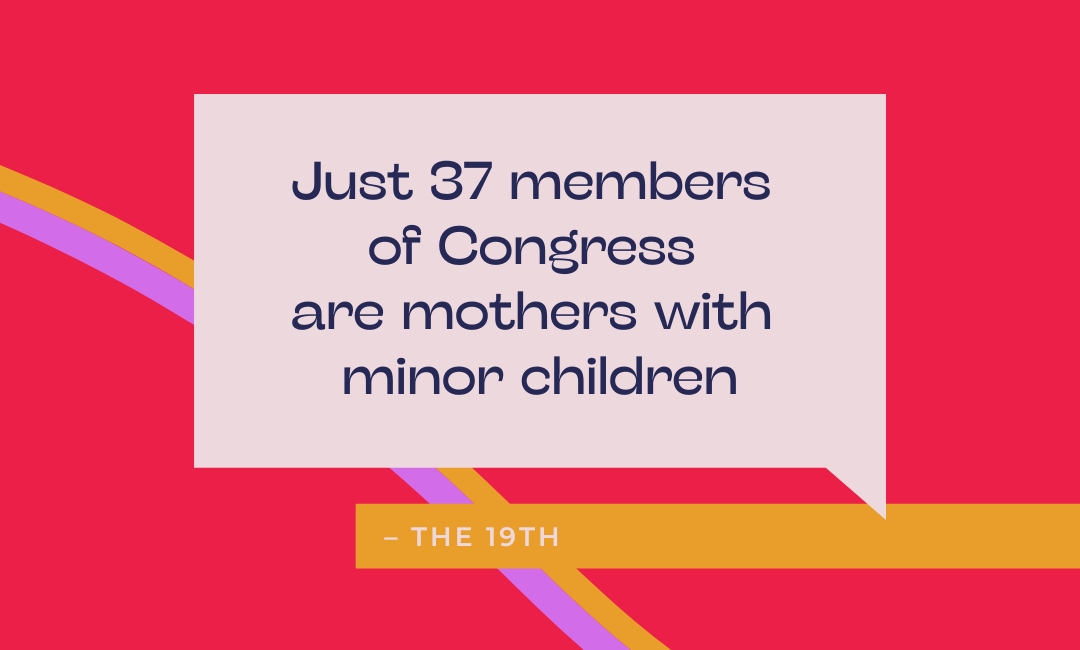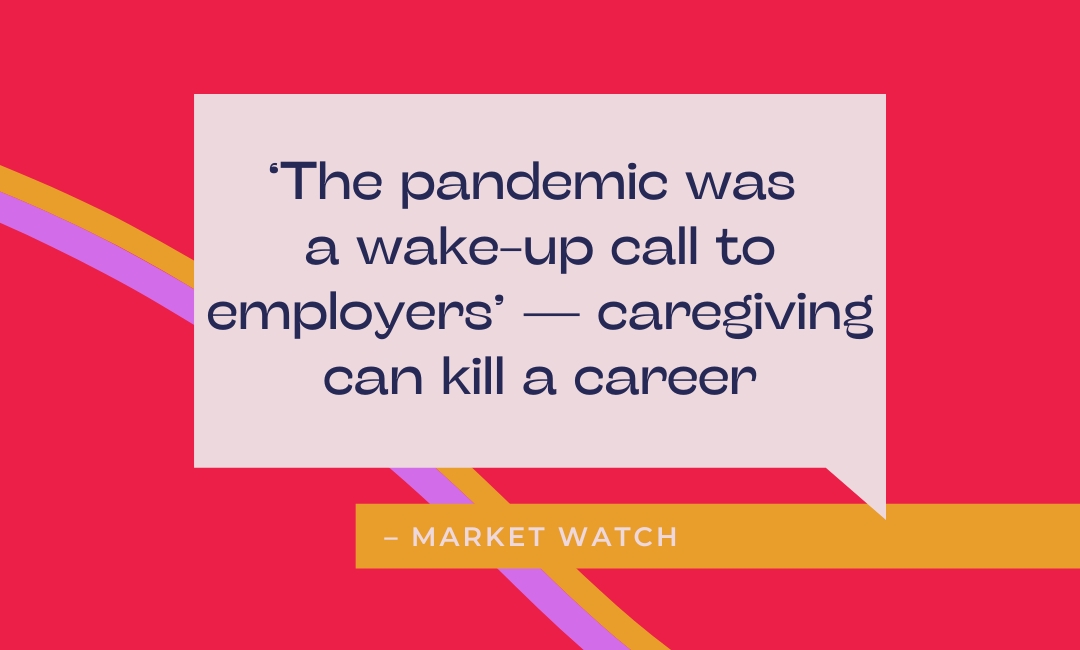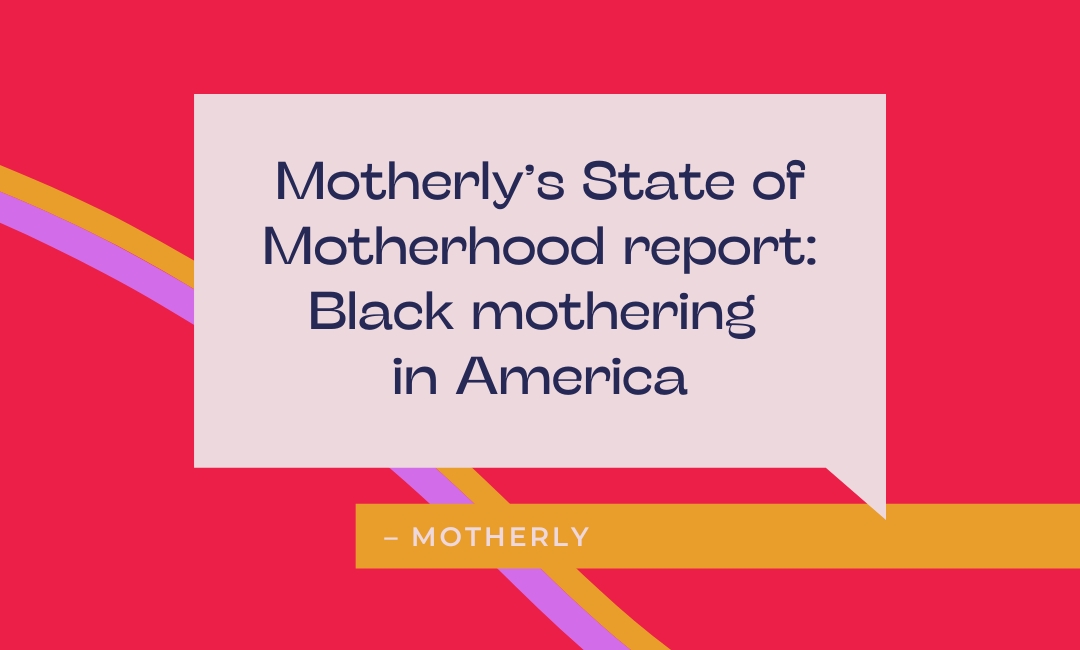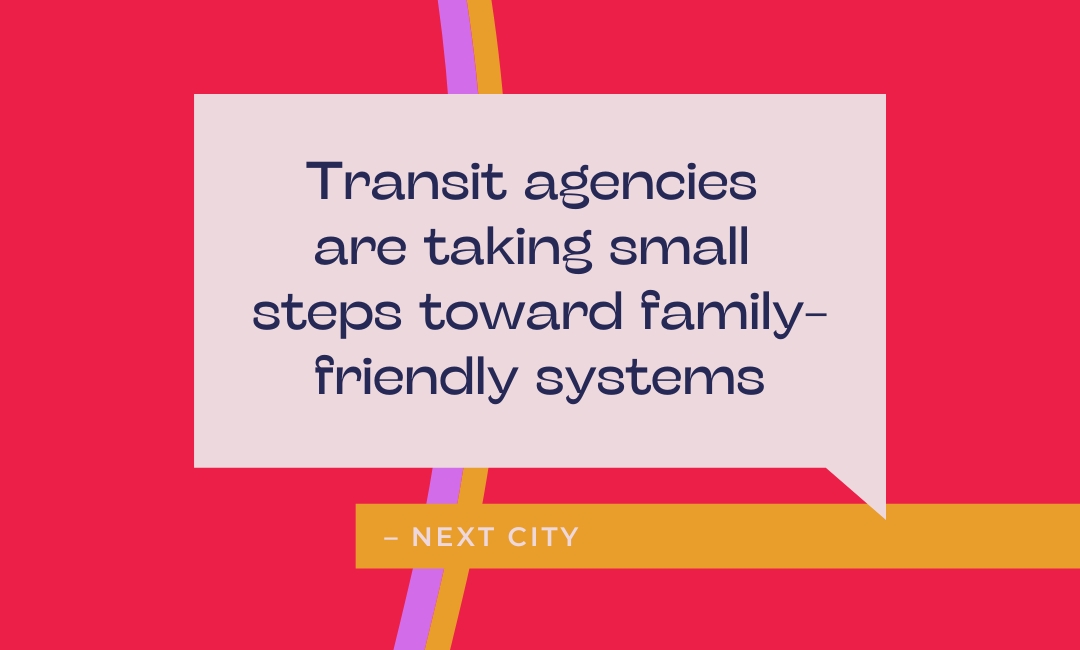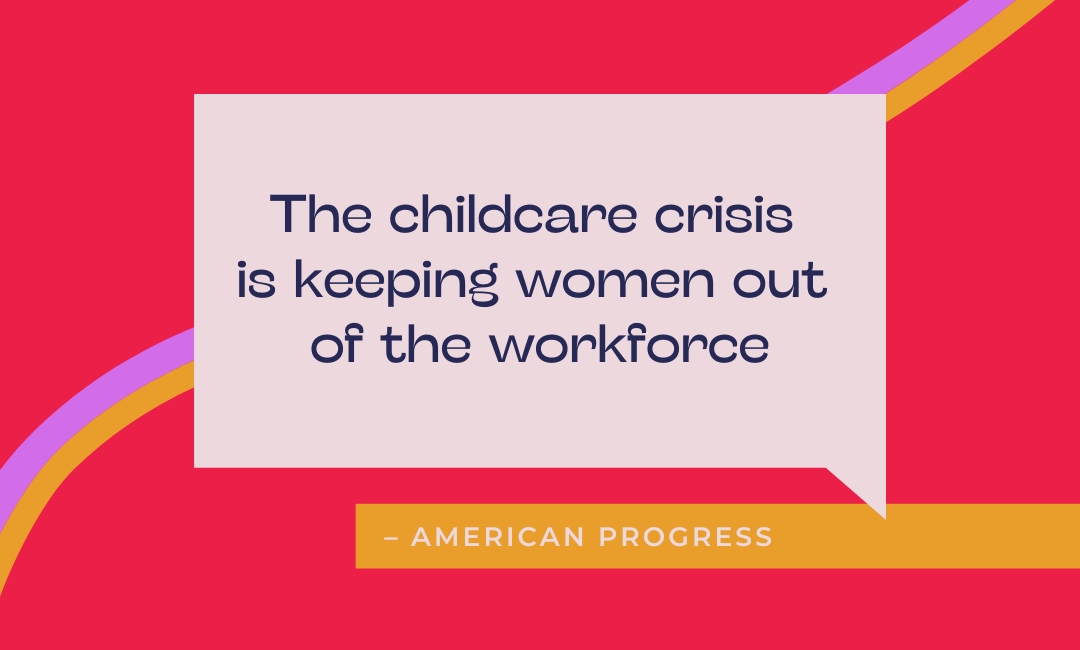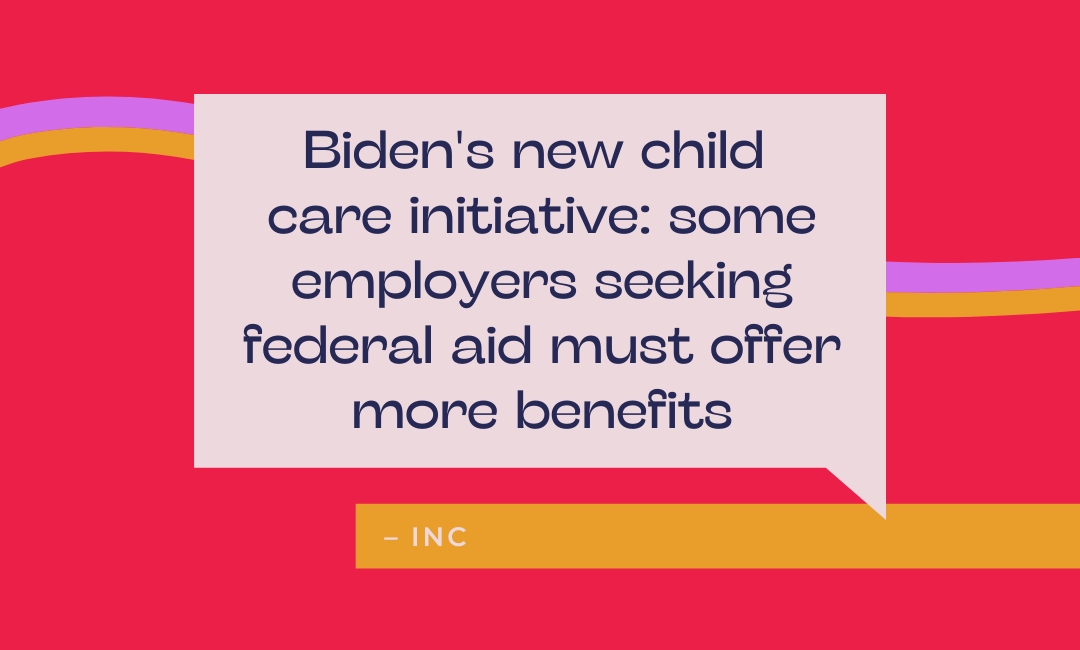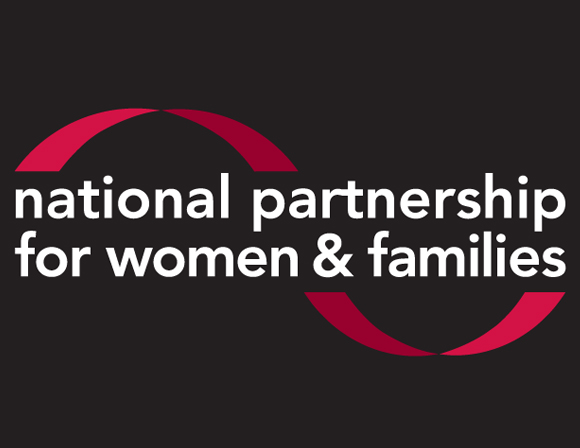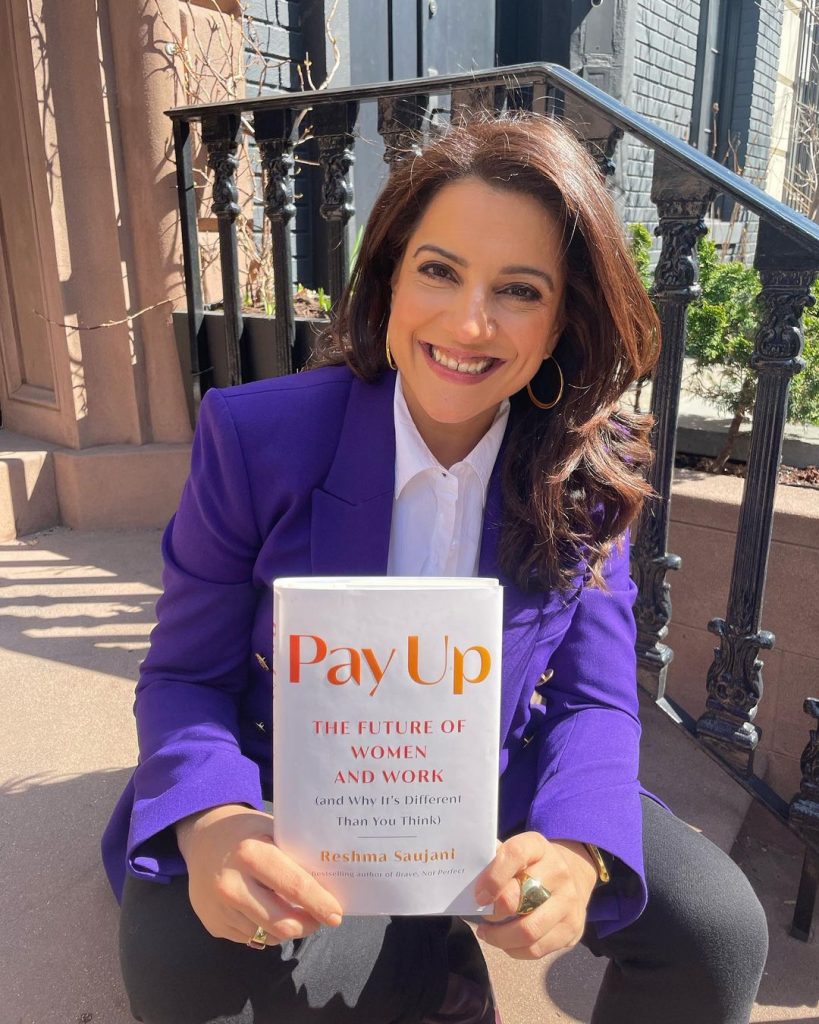The rePROFilm Periodical – featuring a new film and podcast each month – is generously underwritten and is FREE and available to anyone.

VOLUME 16, Part 1:
Mother’s Day is coming:
here are our demands.
During the opening scene of “Simone,” our Vol. 16 short film selection, the camera lingers over a deflated foil balloon that reads “Happy Mother’s Day,” carefully preserved and pinned to the wall of a modest apartment.
It soon becomes clear that the film’s title character could use more than a celebratory gesture. As Mother’s Day approaches, we’re thinking about what would actually honor moms like Simone. Our wish list includes better access to child care, paid family leave, and accessible public transit (just for starters). Given these gaping inequalities, balloons and bouquets don’t quite feel like enough.
It’s not just us: The commercialization of Mother’s Day also bugged its founder Anna Jarvis, whose own crusading mother had wished for such a holiday. During the mid-1800s, the elder Jarvis and other women in her community mobilized to help mothers care for their children. That’s the kind of energy we want to bring to the “holiday” this year.
Word to your mother,
The rePROFilm Team
VOLUME 16, Part 2:
CARING FOR THE CARERS
We’re 12 hours past Mother’s Day. The ads have stopped running and the brunch specials are over, but we know the reality: mothers — and caregivers of all kinds — need support every damn day.
That’s one of our takeaways from “Simone,” the multifaceted short film we’re featuring in Vol. 16. Clocking in at a spare seven minutes, it packs a mighty punch. Trust us on this one: Writer/director Aisha Amin is one to watch. (Listen to her Periodical pod here.)
It’s clear we have a tremendous way to go to support mothers and other caregivers. But we have compelling reasons to take action. For starters, taking on unpaid labor has major implications for public health, as Dr. Julia notes in her reflection on “Simone.” Research suggests it takes a financial toll on women, too. But you know what? We’re cheered by how caretaking has become a central topic of conversation since the pandemic. Let’s keep this momentum going.
With love and determination,
The rePROFilm Team
P.S. As a final word on Mother’s Day, we chose this cartoon by Aubrey Hirsch: “Flowers and cards are nice. I’d rather have bodily autonomy.” She took the words right out of our mouths.
P.P.S. Don’t miss our short film series in partnership with Collective Power.
RJ Stories: The Struggle, The Resistance, The Liberation is streaming now through May 31st!

Care Bear Stare
Only a mother knows the power of the STARE… be it good cheer or ultimate death vibes. She can make you feel a certain way.
Similarly, the Care Bears’ ultimate weapon is the “Care Bear Stare.” The collective stands together, radiating light from their respective tummy symbols. These combine to form a ray of love and good cheer that bring care and joy into the target’s heart.
Friend or foe, DO NOT mess with a mother. But DO enjoy an ode to the positive power of the maternal gaze — on us.
“For me, film has become a service that I participate in. It’s a service almost entirely for the people I’m portraying on camera. ‘Simone’ was me using my filmmaking and storytelling abilities to be in service of mothers, single Black mothers, who don’t have a voice. People don’t know what they go through. I was giving them a platform so people could see that.” — Aisha Amin

America had universal childcare during WWII. It’s time to do it again
When thousands of caregivers were called into civilian service in the 1940s, the government passed the first and only universal child-care program in U.S. history. “The fact is that the pandemic didn’t create the childcare and employment crisis; it exacerbated them. But that doesn’t mean we have to simply endure them.”
(Motherly)
Just 37 members of Congress are mothers with minor children
Americans would need to elect more than 50 mothers raising children to nationwide office to match the share of moms in the U.S. That kind of representation would change “how we think about everything from the extended child tax credit to what it means when schools had to close during the pandemic,” says Rep. Katie Porter.
(The 19th)
‘The pandemic was a wake-up call to employers’ — caregiving can kill a career
“Simone” illustrates the challenges of job-seeking while caring for a young child. The reality is brutal: A new study suggests caregiving costs women more than $300K over the course of their careers. But in a tight labor market, “offering benefits that ease the strain of caregiving responsibilities among employees is one way management can win the competition for talent.
National Partnership for Women & Families
NPFW grounds themselves in the lived experience of women and families, striving to support those who face the greatest barriers to equity and opportunity.
Their mission is to improve the lives of women and families by achieving equality for all women; and their vision is a just and equitable society in which all women and families can live with dignity, respect and security; every person has the opportunity to achieve their potential; and no person is held back by discrimination or bias.
Moms First
The pandemic made one thing blindingly obvious: mothers need more support. Enter Reshma Saujani, who proposed a “Marshall Plan for Mothers.” Her organization now focuses on transforming government policy, workplaces, and the broader culture.
“Mom guilt can feel incurable — even on Mother’s Day. That’s why Moms First is working hard to give moms the treatment they deserve, like affordable child care, paid family leave, and equal pay for moms.”
rePROFilm endeavors to make our programming a safe, accessible and welcome place for anyone who wants to participate. We acknowledge that we have much to learn about creating this space, and welcome and and all feedback that can make us better aware and able to support all minds and bodies.
We are committed to screening films in accessible venues, and also understand that meeting ADA standards for accessibility does not actually mean a venue is actually accommodating for everyone. As best we can, we will offer a complimentary companion ticket to our film screenings as requested. For our virtual screenings, we ask all filmmaking teams to provide closed captioning, audio descriptions or open captions whenever possible. For any questions, please contact us at 323-810-6909 or help@reprofilm.org. We are here to do our best to make our programming as inclusive as possible.
